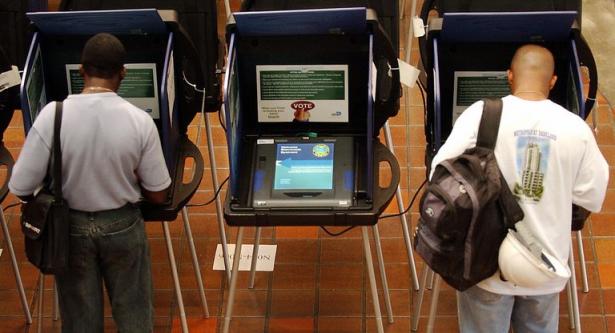- California Just Passed Its Net Neutrality Law. The DOJ is Already Suing
- 50 Million Facebook Accounts Affected in Massive Security Breach
- US Mid-terms: Hackers Expose 'Staggering' Voter Machine Flaws
- Start Of New Broadcast Season Overshadowed By Corporate Drama
- The Privacy-Law Debate Is Heating Up Again in D.C.
- When Journalists Report Social Media as Public Opinion
Start Of New Broadcast Season Overshadowed By Corporate Drama
By Nellie Andreeva
September 24, 2018
Deadline
By Gaurav Laroia
September 24, 2018
Free Press
When Journalists Report Social Media as Public Opinion
By Elizabeth Dubois, Anatoliy Gruzd, and Jenna Jacobson
September 28, 2018
Policy Options
September 28, 2018
Policy Options
Journalists should be careful when using social media posts to report what the public thinks, and should tell readers how the data was collected.


Spread the word